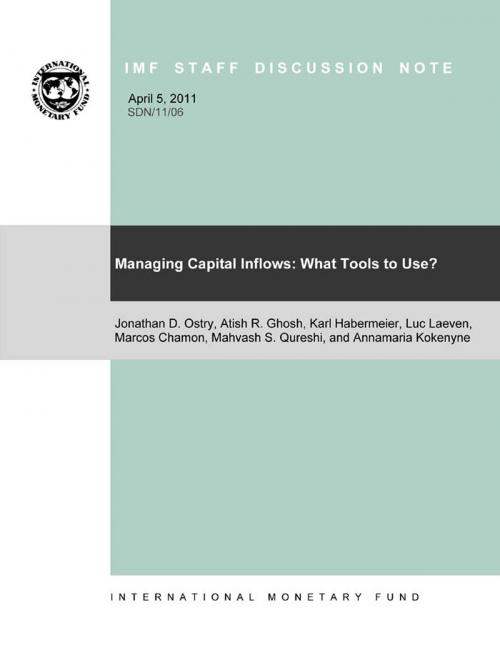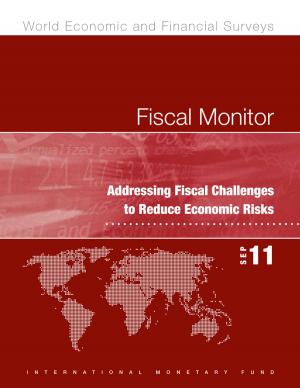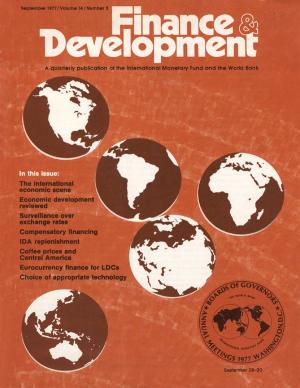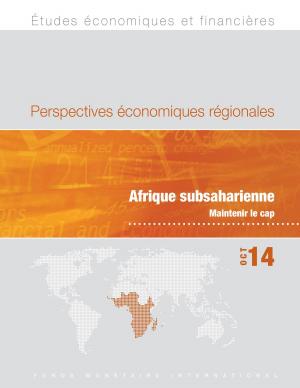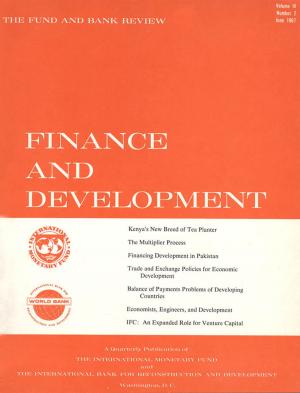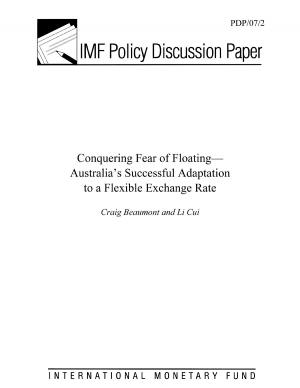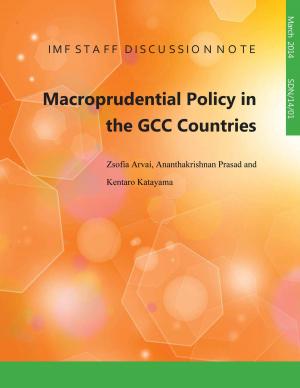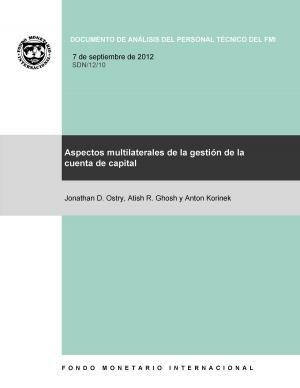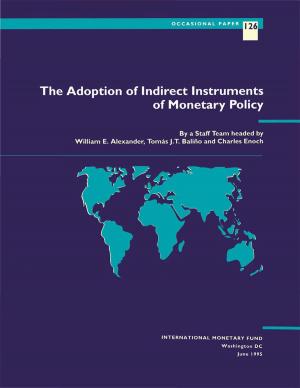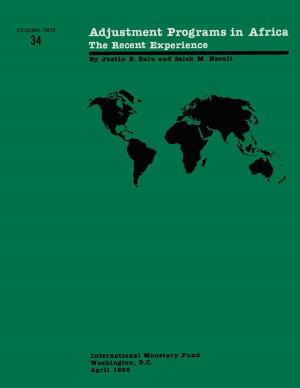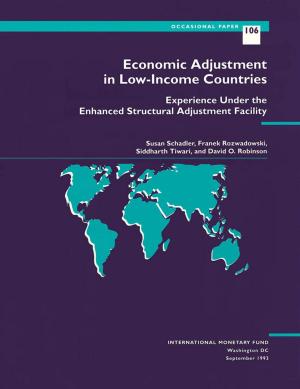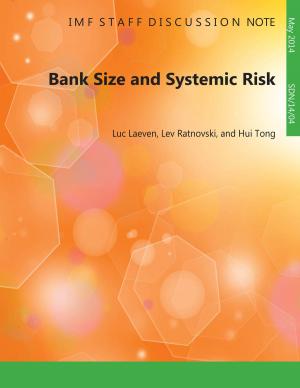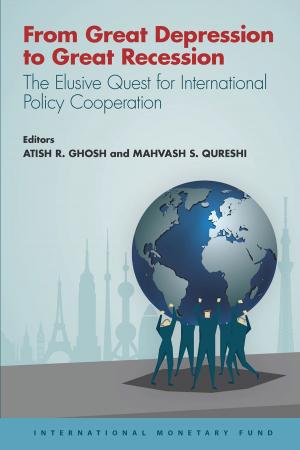Managing Capital Inflows: What Tools to Use?
Business & Finance, Economics, Money & Monetary Policy, Macroeconomics| Author: | Atish Mr. Ghosh, Karl Mr. Habermeier, Jonathan Mr. Ostry, Marcos Mr. Chamon, Luc Mr. Laeven, Mahvash Saeed Qureshi, Annamaria Kokenyne | ISBN: | 9781463943578 |
| Publisher: | INTERNATIONAL MONETARY FUND | Publication: | April 5, 2011 |
| Imprint: | INTERNATIONAL MONETARY FUND | Language: | English |
| Author: | Atish Mr. Ghosh, Karl Mr. Habermeier, Jonathan Mr. Ostry, Marcos Mr. Chamon, Luc Mr. Laeven, Mahvash Saeed Qureshi, Annamaria Kokenyne |
| ISBN: | 9781463943578 |
| Publisher: | INTERNATIONAL MONETARY FUND |
| Publication: | April 5, 2011 |
| Imprint: | INTERNATIONAL MONETARY FUND |
| Language: | English |
A staff policy note on the above topic is under preparation, and the target delivery date is December 2010. The note will look at a number of issues, including: possible tensions between the prudential case for capital controls and the macroeconomic case; the role of capital controls and other prudential regulations in limiting the risks associated with the boom-bust cycle in capital flows (and the nature of policy prescriptions as a function of the underlying risks facing the economy—credit risk, currency risk, excessive foreign borrowing either directly from abroad or by the banking system—and institutional/administrative constraints); and design of capital controls themselves (taxes, URRs, quantitative restrictions) as a function of country characteristics.
A staff policy note on the above topic is under preparation, and the target delivery date is December 2010. The note will look at a number of issues, including: possible tensions between the prudential case for capital controls and the macroeconomic case; the role of capital controls and other prudential regulations in limiting the risks associated with the boom-bust cycle in capital flows (and the nature of policy prescriptions as a function of the underlying risks facing the economy—credit risk, currency risk, excessive foreign borrowing either directly from abroad or by the banking system—and institutional/administrative constraints); and design of capital controls themselves (taxes, URRs, quantitative restrictions) as a function of country characteristics.
